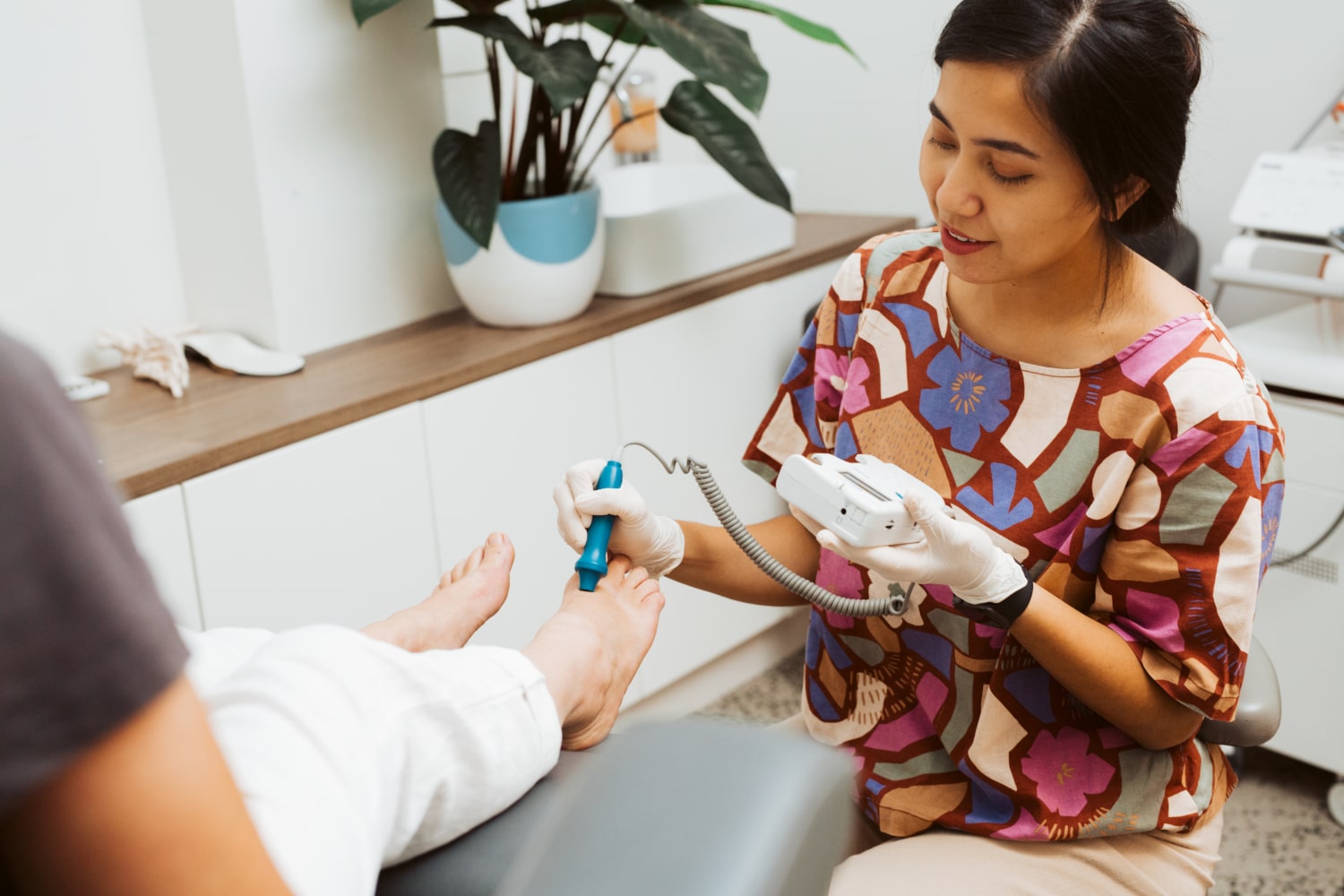Diabetes: Insulin Dependent Diabetes Mellitus (Type I) Insulin dependent diabetes mellitus (IDDM), also known as type 1 diabetes.
What is Type 1 Diabetes?
Type 1 Diabetes Snapshot
- Can occur in early childhood
- Insulin is the primary form of treatment
- Requires life long management
Causes
Causes of Type 1 Diabetes
-
Autoimmune, exact cause still unknown.
-
Direct injury or trauma to pancreas.
Symptoms
Type 1 Diabetes Symptoms
-
Symptoms usually appear suddenly and can be life threatening, these can include:
-
Increased thirst.
-
Frequent urination.
-
Weight loss.
-
Excessive hunger.
-
Weakness and fatigue.
-
Blurred vision.
-
Nausea and vomiting.
-
Irritability and mood swings.
-
Treatment
Treatment for Type 1 Diabetes
Immediate treatment with insulin to control blood sugar level (BSL) between 4-8mmol/L with a specific diet and exercise regime.
Diabetes can lead to increased risk of infection, sensation loss and reduced circulation especially in the feet.
The combination of numb, insensitive feet (neuropathy) and poor circulation means cuts or injuries may go unnoticed and progress to infected ulcers that may heal poorly.
The podiatrist at Well Heeled Podiatry will educate you about monitoring for infection, giving you extensive education on diabetes and foot related risks. They will provide you with advice on daily diabetic foot care and preventative strategies for diabetes related foot complications.
Related Topics
Make an appointment


